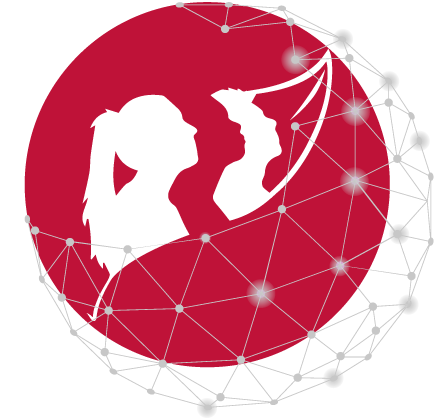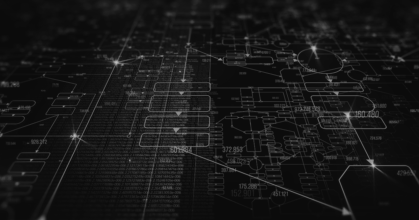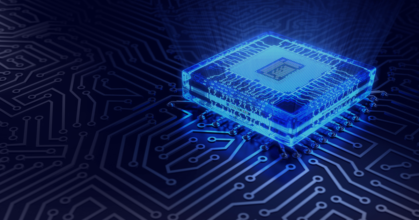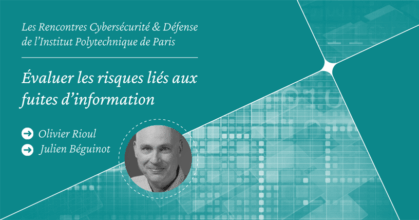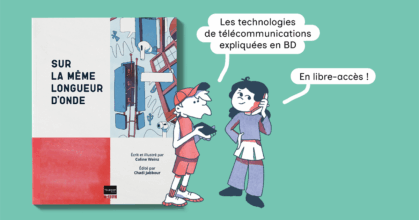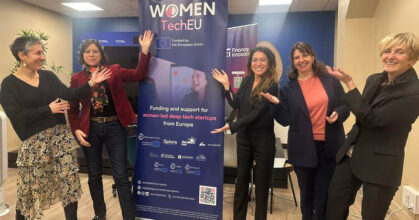Towards a more and more digital world!
This motto also embodies a goal for the research carried out within Telecom Paris, to which the Comelec department contributes through scientific works at the interface between the physical (« real » world) and the virtual world. Societal challenges, such as sharing of knowledge, sustainable development, health, public transportation widely rely on technological improvement in the physical layer to which the department research and teaching is devoted.
Several important aspects of Comelec research strategy and philosophy may be pointed out :
Academic research and scientific production
The research relies on strong theoretical developments, with an applicative set of mind. This leads to a solid production in terms of communications and publications, which largely contributes to the visibility of Telecom Paris
Innovation and links with industrial research
Scientific research in communications and information technologies (ICT) is among the strongest progress engines for developed societies and provides powerful opportunities towards innovation while favouring strong links with industry and private R&D. This context has encouraged the creation of a strong portfolio of patents, either fully owned or with third parties. Comelec also supports start-up/spin-off companies and benefits from the framework of the Institut Carnot Télécom & Société numérique
Cooperation networks
The involvement of individual researchers in scientific networks is quite essential for the dissemination of research as well as for cross-fertilization and the emergence of future collaborative projects. All Comelec groups are involved at various levels in national GDR platforms (GDR ISIS, GDR SOC2, GDR Ondes), in national Labex (Digicosme, Smart), in COST European actions (COST IC1004), URSI and in French competitiveness clusters (Systematic, SCS)
International relations
The department research has international visibility owing to the success in European calls, such as the ERC call with two winning projects, or Marie-Curie-Sklodowska calls with several International Training Networks
Strategic axes
Comelec has identified several scientific axes that are transverse to the groups and increasingly concentrate the research efforts of the department:
All societal, financial and commercial activities based on digital technologies rely on high standard security prerequisites. There are two streams of research in the department that relate to digital trust. Data confidentiality is guaranteed by protecting information in electronic components and securing data exchanges with a radio link, and also by certain data distribution methods in the cloud. Trust is also based on reliability and certification, with the development of failure assessment techniques and the design of fault-resistant System-on-Chip architecture.
The department develops several original research topics in the field of artificial intelligence, which makes it a key player in data collection. Neural computation very close to sensors instantly transforms digital data into relevant information that is cheap to transmit. Low-energy chips and embedded systems that transport intelligent algorithms are developed for that purpose. Lastly, information theory is used to explore the bounds of learning algorithms with a view to their optimization.
Research Teams
- team
Circuits & Communications Systems [C2S]

- team
Foundations of Sensing and Information [FSI] team

- team
Mathematics of Information & Communication [MIC]

- team
Optical Telecommunications [GTO]

- team
Radio Frequency, Microwaves & Millimeter waves [RFM²]

- team
Secure and Safe Hardware team [SSH]

- team
System on Chip team [LabSoC]

Latest news

Macro-threats on microarchitectures
Digital Trust, Faculty Members — 28/11/2025Maria Mushtaq, researcher at Télécom Paris and organiser of the MIC-SEC winter school, sheds light on the developments and [...]
Assessing the risks associated with information leaks
PhD, Digital Trust, Faculty Members — 17/10/2025Olivier Rioul and Julien Béguinot, PhD student, use tools from the mathematical theory of communication [...]
A comics about 5G and telecoms!
Digital Trust, Faculty Members, Communication Systems & Networks — 08/09/2025"Tuned-In" by Coline Weinz and Chadi Jabbour introduces you to radio waves, the hidden side of your [...]
Joe Wiart, Radioelectricity French Commitee medallist
Faculty Members — 30/06/2025The CNFRS/URSI-France Medal, awarded under the aegis of the Académie des Sciences, is intended to honour a scientist who [...]
Ghaya Rekaya wins a Women TechEU grant! [update]
Faculty Members, Start-up — 17/01/2025This prestigious recognition highlights Ghaya and Mimopt Technology's commitment to a more diverse and inclusive [...]
